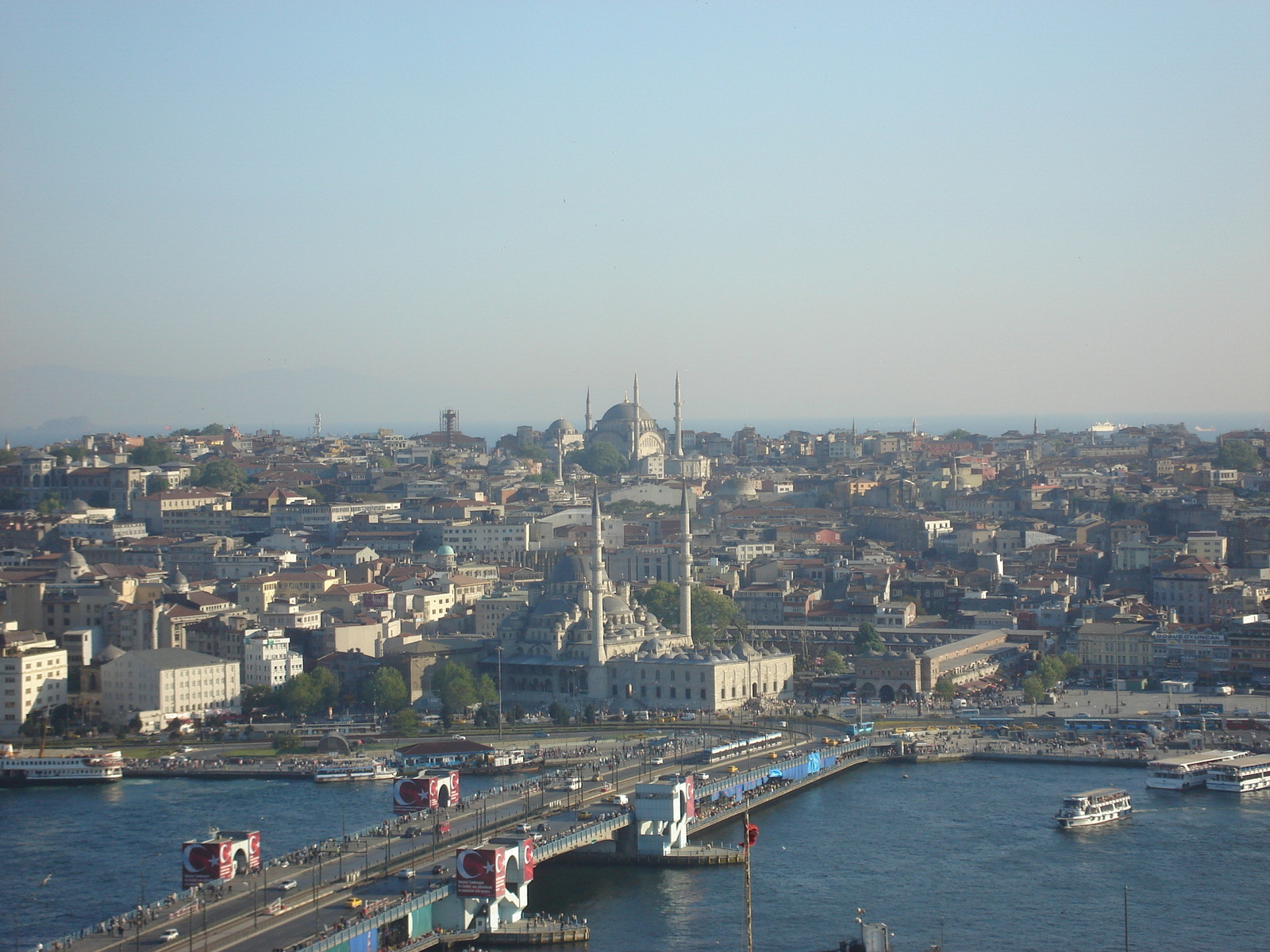At the heart of the latest attempted military coup is the role the Turkish people played in quashing the coup.
Thousands of Turks streamed onto the streets in front of tanks in opposition of the coup leading to more than 240 dead and thousands injured. However, Erdogan’s response to the failed putsch was described by human rights organizations as an “affront to democracy,” referring to the torture, the ill-treatment, and the crackdown on the civil society. Erdogan’s attempts to subvert the rule of law and fundamental human rights of the Turks is further polarizing the Turkish community. However, the pressing question remains: Was the cooperation between the people and the state a rejection of the coup in support of democracy, or in support of Erdogan?
Turkey has been under a state of emergency since July 20, 2016. An emergency rule that allows Erdogan and his administration to enact new laws as a pretext to further the crackdown on freedom of expression and limit rights of civilians under the name of the “national security.” After announcing the three-month state of emergency, the deputy Prime Minister Numan Kurtulmus announced that Turkey will suspend the European Convention on Human Rights in order to advert the possibility of another coup raising many concerns in the international community.
Under the normative basis of international human rights law, lies the challenge of practicality intertwined with a theoretical problem. During state of emergency, grave violations occur when State Parties (or state-like actors) employ unnecessary powers to address national threats. Such emergency measures require democracy and the rule of law to be based on clear evidence and a fair process monitored by national and international organizations.
The Turkish government is expected to uphold its obligations under international human rights law, specifically its adherence to the International Covenant on Civil and Political Rights treaty(ICCPR) that Turkey ratified in 2003. While Article 4 of the treaty allows State Parties to “take measures derogating from their obligations,” it limits the deviation from the obligations and states that “No derogation from articles 6, 7, 8 (paragraphs I and 2), 11, 15, 16 and 18 may be made under this provision.” Hence, prohibit torture, protect the right to life, non-discrimination, and more. In regards of Erdogan’s claims that Turkey will reintroduce death penalty, one should bear in mind that Turkey had also ratified Second Optional Protocol under ICCPR on abolition of death penalty, thus being impossible to derogate from it.
While Turkey’s constitution guarantees its adherence to the international and regional covenants on civil and political rights that regulate states’ conduct in times of emergencies, Erdogan has embarked on a crackdown. Around 60,000 teachers, journalists, soldiers, police officers, judges and others have been arbitrarily detained or put under investigation. His target has been against people who are allegedly linked to Fethullah Gulen, the US-based cleric that Erdogan has blamed for the attempted coup, which Gulen has denied.
The Turkish military, the second largest military establishment in the NATO, has overthrown four civilian governments in the past 50 years. Since the AKP party came to power in 2002, the power of the military seems to have diminished. Erdogan had a choice of what political path to adopt moving forward. Instead of using the tremendous support of the opposing political parties, the media, and the people who stood against the coup, to build a national wide reconciliation; he used the state of emergency to strengthen his own executive powers and weaken the independence of the institutions. Further polarizing the political environment and making it harder to deal with international actors. Turkey, as a sovereign power, bears a fiduciary duty to secure the rights of its citizens during a public emergency. While the emergency state can and should be reconciled with the rule of law, it also concentrated too much power in the hand of Erdogan.
Turkey is dealing with several issues, from the Kurdish separatist movement, to the war in Syria and the refugee crisis, and to combating terrorism. As the Arab Spring and other events the past few years have demonstrated, there are few safe assumptions one can make about the Middle East region. Given the unpredictable and often rapidly changing environment and risks, it is vital for the international community to press Erdogan to reverse course and to guarantee rights for those caught up in his purge.














Leave a Comment
Your email address will not be published. Required fields are marked with *